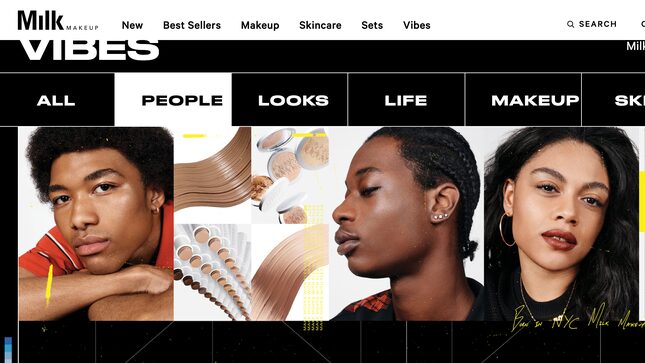Beauty Brands Finally Admit How Few Black People They Employ
Latest

Sharon Chuter, the founder of makeup brand UOMA Beauty, posed a challenge to fellow beauty brand owners last week on Instagram. “We ask all brands who have released a statement of support to publicly release within the next 72 hours the number of black employees they have in their organizations at a corporate level,” Chuter wrote on Instagram, adding the tag #pulluporshutup. “You all have statements and policies about being equal opportunity employers, so show us the proof.”
It is nearly impossible to get a company to release internal numbers on diversity, as the data often paints a very white picture. But somehow, Chuter’s challenge to beauty companies was accepted and the results were a PR rep’s nightmare. The proof came flooding in with brands like DevaCurl, Glossier, Supergoop, Revlon and more sharing internal numbers and confirming what most beauty consumers assumed to be true: there are a lot of white people at the top. It was most surprising to see a company like DevaCurl that has made its fortune off mostly minority women with curly hair, with only 19% black staff and only 8% of black employees on the leadership team. A company like Milk, known for its promotion of inclusivity and diversity, using black and POC as models in advertisements includes only 9% black employees. (Milk also made a commitment to do better in the future which led to former employees sharing racist encounters they faced while working at the company.)
-

-

-

-

-

-

-

-

-

-

-

-

-

-

-

-

-

-

-

-

-

-

-

-

-

-

-

-

-

-

-

-

-

-

-

-

-

-

-

-








































